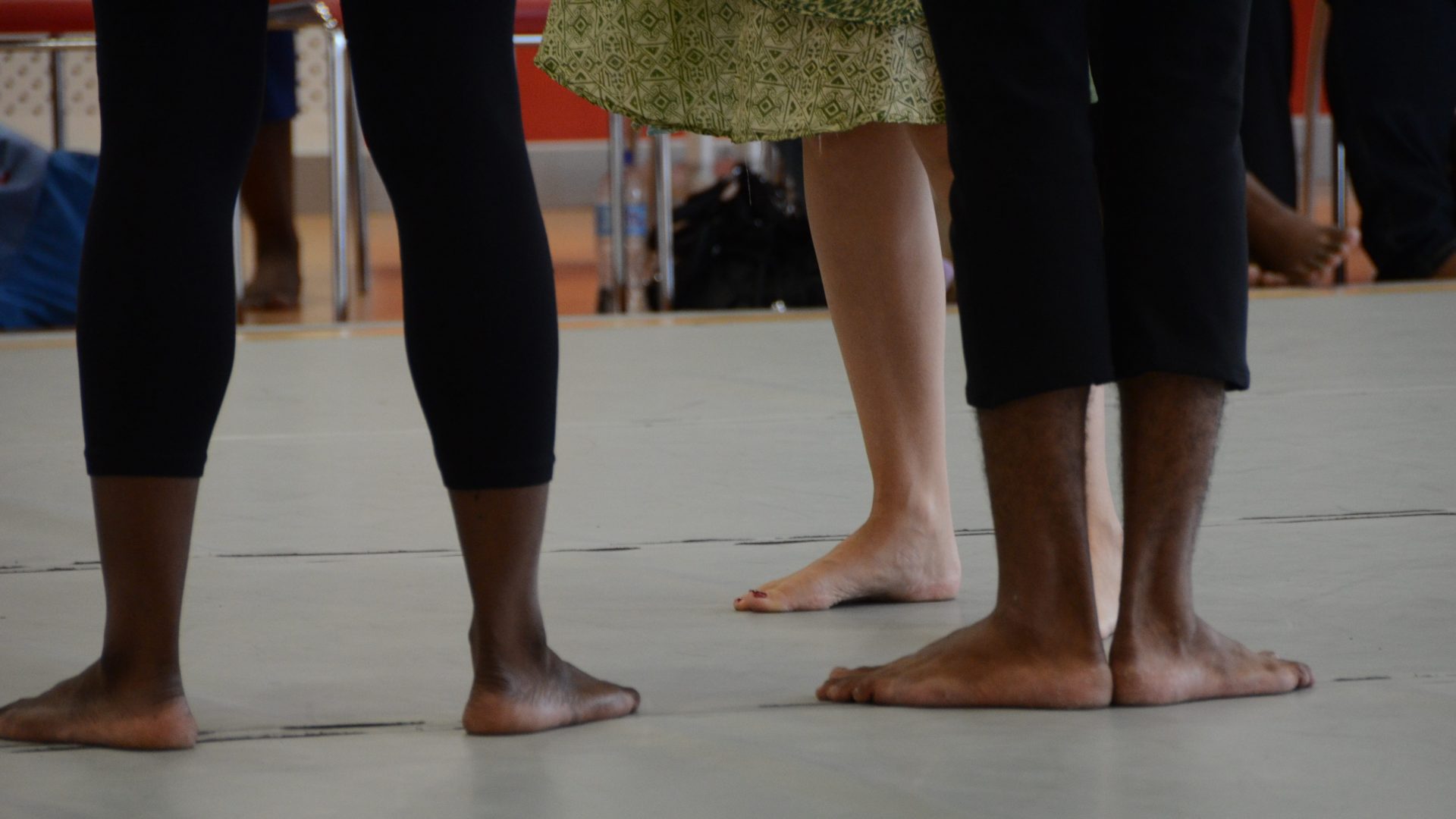A person wishing to become a chanteuse must study the voice. A chanteuse who both sings and speaks her songs is continually in danger of damaging or even losing her voice if it does not rest on a solid foundation of technical training. It is, however, possible to over-train the voice. The principle behind most vocal regimes is to identify the singer’s voice and focus it, thereby whittling down to one the many voices we start with. Singers can in a way become more limited through study than expanded by it.
The antithesis of disciplined training is instinct – easily as valuable as training and perhaps more so. Unlike a trained voice, good instincts cannot be taught, but only acquired with life experience, mostly in the form of painful mistakes. If one has instincts about singing, they have likely come at a price. To allow instinct to be trained away is to squander good artistic investment.
To be able to color a song requires not one but many voices, perhaps many registers in a single song! For that, theatrical training is valuable. To be able to inhabit your body, to move it around, to animate your limbs with intention and grace, to stand still with ease and comfort – for this a study in dance is essential. Stagecraft is an inter-disciplinary pursuit. Learn from the actors, the dancers, the singers. We are here to teach each other.
Train, train, train and then leave the training. Revisit it from time to time throughout your life as you feel drawn, and as master teachers cross your path. Learn primarily by doing, by engaging, by succeeding and by failing. The stage and all whom you meet there, most especially the one inside your own skin, is your best teacher by far.

Leave A Comment